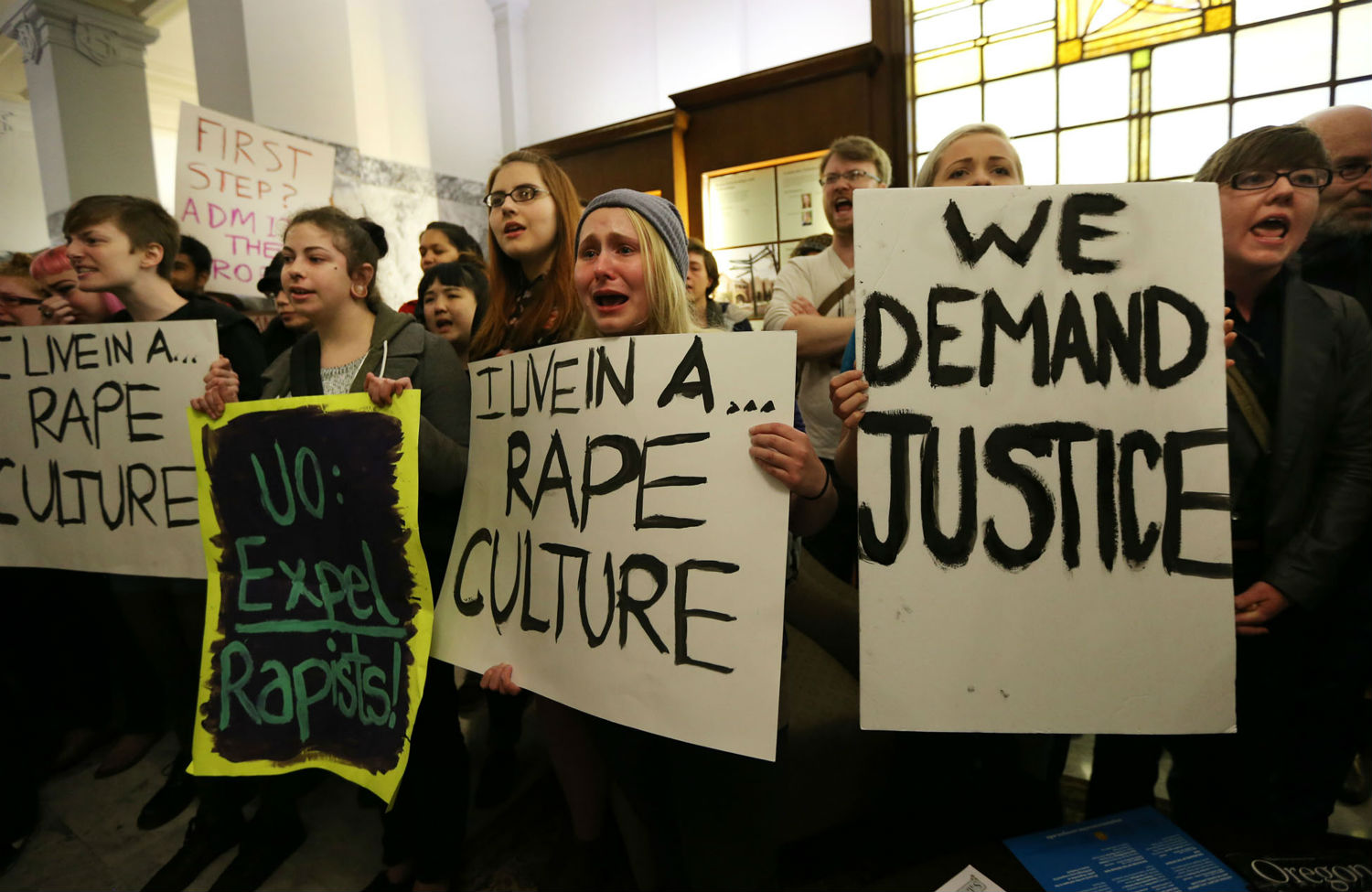In 2014, the NUS survey shocked readers by revealing that 37% of female students at university in England had experienced sexual harassment from academic staff or supervisors.
Leeds University’s internal policy describes sexual harassment as an “unwanted conduct that has the purpose of effect of either violating another person’s dignity or creating an intimidating, hostile, degrading, humiliating or offensive environment.”
The University of Leeds has a “no student-staff relationship” policy and offers students helps with the “we’ve got your back campaign”, which encourages victims to report any abuse.
Despite the help on offer, according to a survey directed by Hexjam, 93% of women in this situation would not trust an organisation like a university. In addition to this, the majority of people do not report sexual assault as they are anxious about not being believed, or do not want to have to face a long and exhausting procedure.
Even when victims do report sexual assault, the majority are disappointed with the result due to the use of non-disclosure agreements, which make it easy for perpetrators to leave their university and work for another one after just a simple internal investigation.
The ex-director of the Centre for Feminist Research at Goldsmiths University, Sara Ahmed, stated that although there were six reports of sexual assaults at the university, no one was punished. After her resignation, a postgraduate students’ group protested in order to know more about the committers’ names and if they had moved to another campus.
According to The Department for Education “Universities must have clear policies in place for the handling of such complaints and ensure students do not face harassment of any kind. If a student is unhappy with how a complaint has been dealt with, they can speak to the Office of the Independent Adjudicator. Ultimately, if a student feels they have been the victim of a sexual assault, they should report it to the police.”
(Image: CNS News)
Loïc Chave

